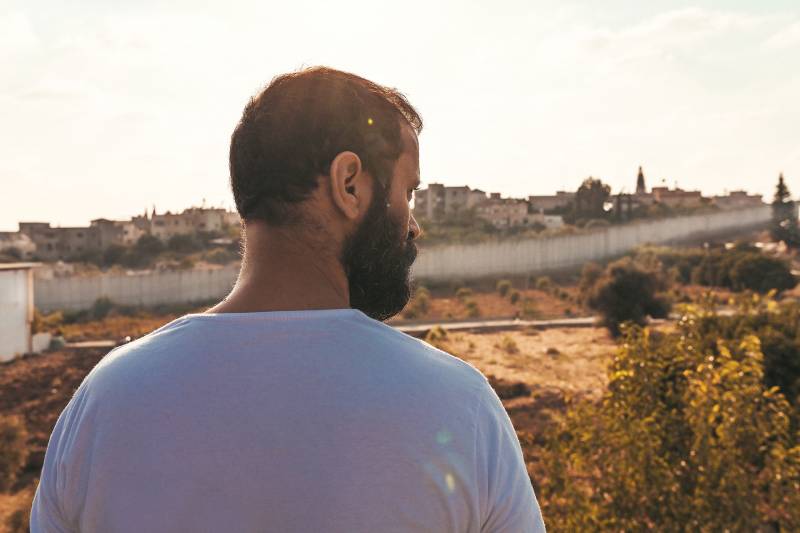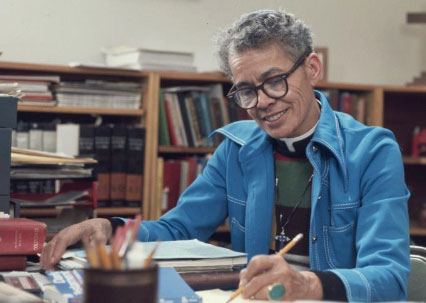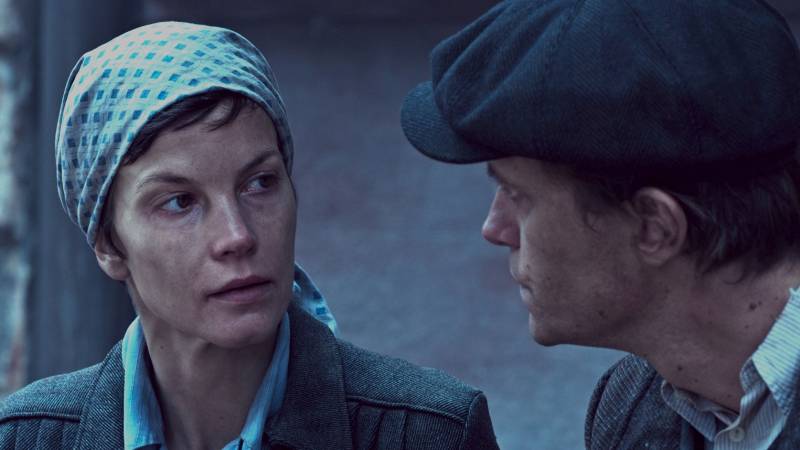Perhaps it’s my imagination, but the San Francisco Jewish Film Festival (SFJFF) always seems to arrive at a moment of heightened intensity. This year it’s the faux controversy prompted by Ben & Jerry’s decision to cease sales to settlements in the Israeli-occupied Palestinian territories. Access to ice cream doesn’t rank as high on my list of concerns as, say, global antisemitism, but fake outrage is a helluva drug.
Streaming online July 22–Aug. 1 and unspooling on the Castro Theatre’s big screen Saturday and Sunday, July 24 and 25, the festival program skips dessert to load up on serious subjects. If you treat film festivals as travelogues, the SFJFF will drop you in a veritable field of briar patches.

The Castro slate begins Saturday morning with 200 Meters, Jordan’s entry for the International Feature Oscar and the festival’s centerpiece narrative. Ameen Nayfeh’s open-hearted though underwritten debut feature follows a law-abiding Palestinian family man who pays a smuggler to get him into Israel to see his hospitalized son. Another protagonist forced to take drastic action—a concentration camp inmate passing himself off as Persian—drives the opening night drama, Persian Lessons.
The nonfiction lineup at the Castro boasts the revelatory Sundance entry, My Name is Pauli Murray (opening in September before landing on Amazon Prime), about the extraordinary 20th century Black activist, writer, lawyer and priest(!). Fresh from Frameline, the wrenching Prognosis: Notes on Living follows San Francisco filmmaker Debra Chasnoff’s journey after her advanced cancer diagnosis. A Kaddish for Bernie Madoff—Song and Dance swaps verité for a poetic, personal approach, as Alicia Jo Rabins, with director Alicia J. Rose, expands her stage musical about the Ponzi villain through the medium of film.

Mischa and the Wolves, a slick British doc that premiered at Sundance (and comes to Netflix Aug. 11), recounts the bizarre chain of events surrounding the 1997 U.S. publication of a French-set Holocaust memoir. Filmmaker Sam Hobkinson focuses on the stranger-than-truth aspects, maximizing suspense for entertainment’s sake while sidestepping the saga’s moral, real-world implications. Rounding out the SFJFF’s theatrical component is the recent restoration of The Light Ahead, one of four Yiddish-language films made in the 1930s by Hollywood outsider Edgar Z. Ulmer (Detour) on the East Coast.



